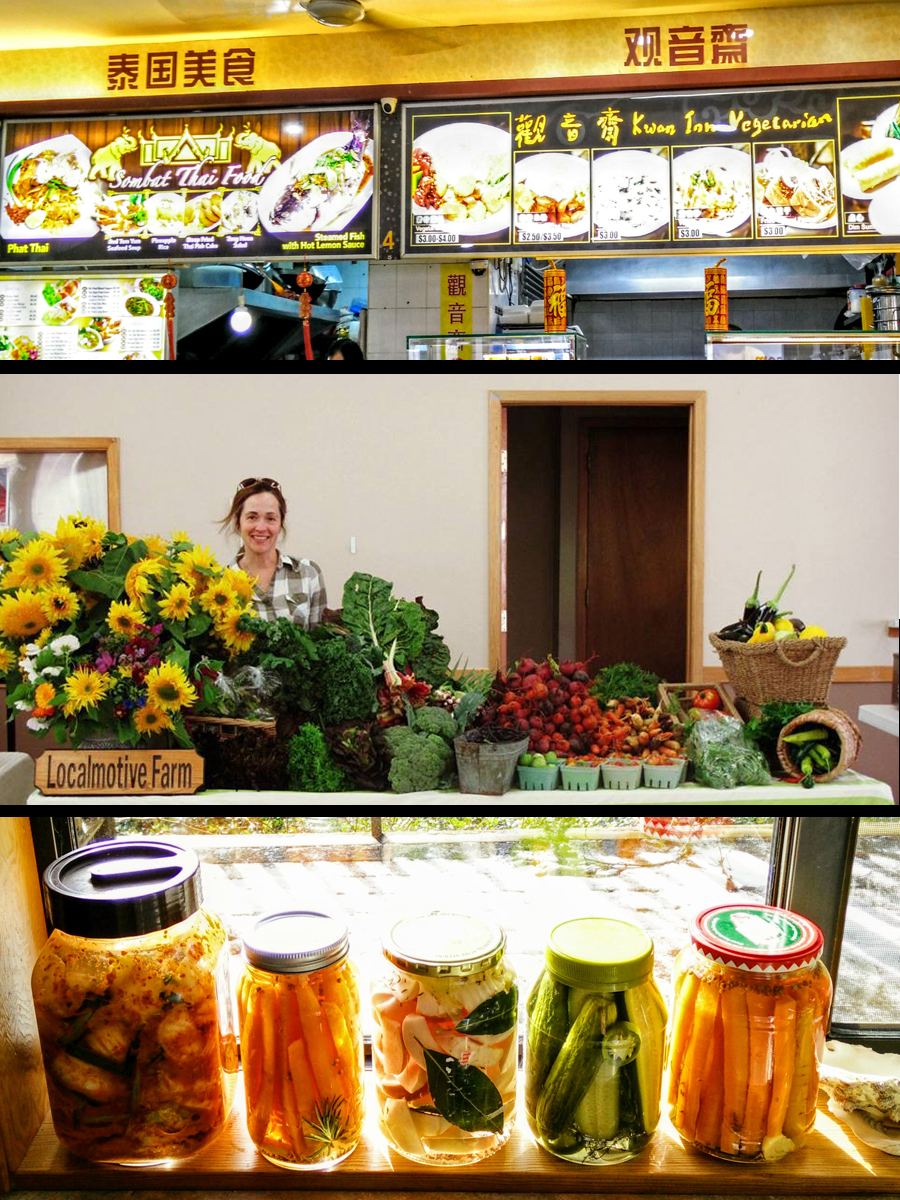Honouring the grandmothers through (re)membering, (re)learning, and (re)vitalizing Métis traditional foods and protocols
DOI :
https://doi.org/10.15353/cfs-rcea.v6i2.339Mots-clés :
Métis food, Canada, foodways, identity, traditional food, IndigenousRésumé
In Canada, Métis cultural restoration continues to advance. Food practices and protocols, from the vantage point of Métis women who were traditionally responsible for domestic work, qualify as important subjects worthy of study because food and food work are integral components of family health and well-being. This qualitative grounded theory study explored Métis cultural food in Manitoba, Canada, with the intent to honour Métis women. In-depth interviews were conducted with Métis residents of urban Winnipeg and southern rural Manitoba. Results indicate that women were traditionally the keepers of culinary knowledge and practices in Métis families, and were highly resourceful in feeding large families and often other community members. Traditional foods were often land-based (wild and cultivated) and frequently enhanced with market foods. There is a strong sense of history, pride, identity, and desire for revitalization through cultural activities such as food practices; however, disrupted cultural knowledge translation around food and the nutrition transition to unhealthy Western diets present challenges. Results of this research will provide Manitoba Métis people with opportunities for critical reflection on food and their identity as Métis; food origins; the role of food in our lives; and how ecological and political structures affect the production and consumption of food. In addition, this research will provide an alternative discourse as it relates to Métis food, supporting a holistic approach to overall health and well-being that is self-affirming and strength-based.
Téléchargements
Publié-e
Comment citer
Numéro
Rubrique
Licence
Les auteurs qui publient avec cette revue acceptent les conditions suivantes: Les auteurs conservent les droits d'auteur et accordent à la revue le droit de première publication avec l'œuvre sous licence simultanée Creative Commons qui permet à d'autres de partager l'œuvre avec une reconnaissance de la paternité de l'œuvre et de la publication initiale dans cette revue. Les œuvres publiées dans RCÉA/CFS avant et incluant le vol. 8, n° 3 (2021) sont sous licence Creative Commons CC BY. Les œuvres publiées dans le vol. 8, n ° 4 (2021) et après est sous licence Creative Commons CC BY-SA. Les auteurs peuvent conclure des accords contractuels supplémentaires séparés pour la distribution non-exclusive de la version publiée de l'ouvrage par la revue (par exemple, l'ajouter à un dépôt institutionnel ou le publier dans un livre), avec une reconnaissance de sa publication initiale dans ce journal. Les auteurs sont autorisés et encouragés à publier leurs travaux en ligne (par exemple, dans des dépôts institutionnels ou sur leur site Web) avant et pendant le processus de soumission, car cela peut conduire à des échanges productifs, ainsi qu'à une citation plus précoce et plus importante des travaux publiés. (En savoir plus sur le libre accès.)





